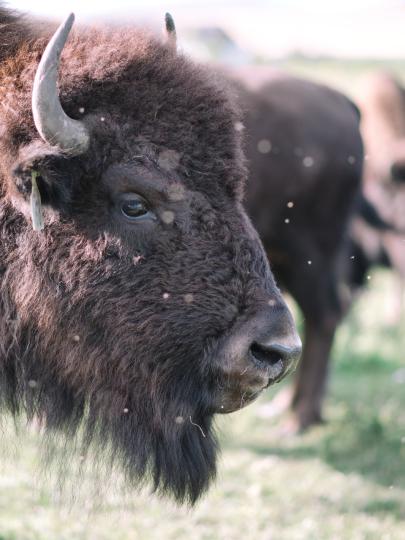In Memoriam
 Dr. Holger Nygard, professor emeritus of English at Duke University, died at the age of 94 on May 20, 2015, at his home by the Eno River in Durham, North Carolina. Born in Ostrobothnia of Finnish parents, Holger spent his youth between Finland and Canada. His parents put down roots in New Westminster, where Holger quickly excelled in academics, sports, and music. In his last years Holger spoke fondly of summers spent working at his father’s peat farm on Lulu Island.
Dr. Holger Nygard, professor emeritus of English at Duke University, died at the age of 94 on May 20, 2015, at his home by the Eno River in Durham, North Carolina. Born in Ostrobothnia of Finnish parents, Holger spent his youth between Finland and Canada. His parents put down roots in New Westminster, where Holger quickly excelled in academics, sports, and music. In his last years Holger spoke fondly of summers spent working at his father’s peat farm on Lulu Island.
Holger graduated from UBC in 1944 with First Class Honours. He met Margaret Rodger, BA’44, MA’49, his future wife, in a UBC English class. Married in 1944, both attended the University of California at Berkeley, where Holger attained his PhD in 1955. Assistant and associate professor at the University of Kansas and the University of Tennessee respectively, he became full professor at Duke in 1962 where he taught for 29 years. He was director of English Graduate Studies at Duke for 14 years. Holger’s book The Ballad of Heer Halewijn was published in 1958 in the US and Finland, and again in 1992 in Finland. Folklorist, linguist, authority on ballads, Medieval studies, Beowulf, and Chaucer, Holger was a scholar of international prominence. He was president of the North Carolina Folklore Society, Ballad Section chairman for the American Folklore Society, and held memberships in the American Dialect Society, the Society for the Advancement of Scandinavian Studies, and the Scottish Literary Society. Among numerous fellowships and awards which Holger received were the 1959 Chicago Folklore Prize, a Guggenheim Fellowship in 1966-67, and in 1979 a Fellowship at the University of Edinburgh.
Social and environmental concerns he shared with Margaret took them beyond academia to activism. In 1966 Holger, Margaret, and a fledgling group founded the Eno River Association. They led the community in opposing the plan to dam the Eno River and proposed the creation of a regional state park. In the early years of this effort Holger and Margaret led the battle to rescue the river from development and bring the Eno River State Park into being. Holger and Margaret leave a legacy of conservation, which 50 years later has resulted in five public parks and thousands of acres of protected lands along the Eno River.






















